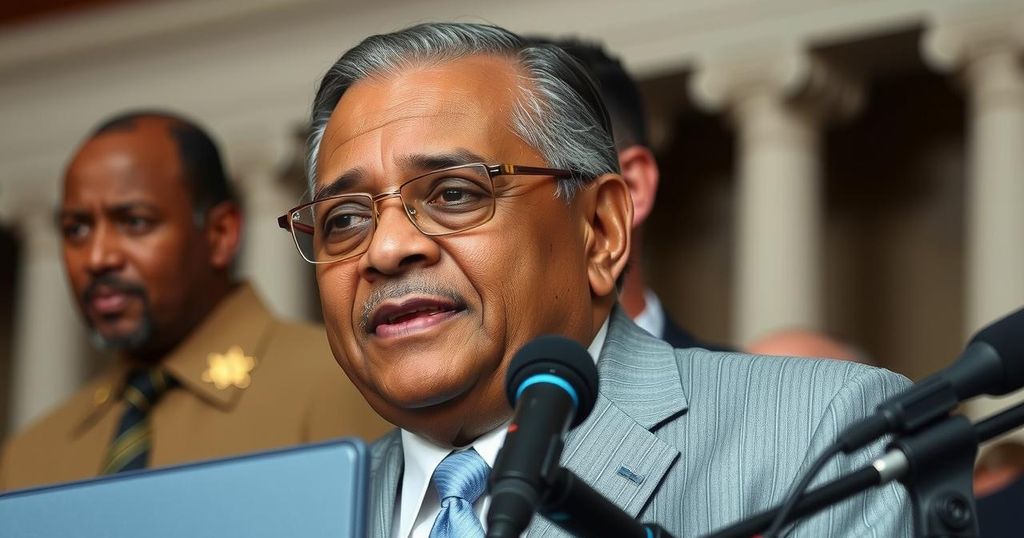Togo Postpones Senate Elections to February Amid Political Tensions
Togo has delayed its first senatorial elections to February 15 to give parties more time for organizing, with campaigning starting January 30. Opposition groups, criticizing the new constitution, are planning to boycott the elections, labeling them as part of a constitutional coup. The Senate, established in 2002, will comprise 61 members elected and appointed by political leaders, as President Gnassingbé seeks to consolidate power.
Togo has officially postponed its inaugural senatorial elections to February 15, a decision articulated in a presidential decree released on Friday. This delay aims to provide political parties with additional time for organizational preparations, with the campaign period commencing on January 30. The elections are integral to the enforcement of a new constitution that has faced substantial dissent from opposition groups and civil society organizations.
The decision to delay follows requests from several political factions seeking more time for candidate registration. However, notable opposition entities, including the National Alliance for Change (ANC), have announced a boycott of the elections, labeling them as part of a ‘constitutional coup d’état.’ Despite its establishment through a constitutional amendment in 2002, the Senate has never been operational until now; it will comprise 61 members, with 41 senators elected by local councillors and the remainder appointed by the presidential council.
The new constitution has been criticized for replacing a direct presidential election with a parliamentary system, perceived by many as a maneuver by President Faure Gnassingbé to maintain his grip on power indefinitely. He presides over the ruling party, UNIR, which secured 108 out of 113 legislative seats in the April 2024 elections. Having assumed leadership in 2005, he succeeded his father, a long-standing ruler who held power for 38 years in Togo, a nation with a population of approximately 8.8 million.
The context of Togo’s political scenario is of significant importance as the nation prepares for its first senatorial elections. These elections represent a fundamental step in the transition towards a new constitutional framework that has been perceived with skepticism by various opposition forces. The historical backdrop includes the establishment of the Senate in 2002, which had never been actualized. Consequently, the present electoral process is being viewed under the lens of longstanding political tensions and accusations regarding the legitimacy and intentions of the current administration.
In summary, the postponement of Togo’s senatorial elections to February 15 reflects the ongoing complexities within the nation’s political landscape. While the delay may facilitate better preparation among political groups, the opposition’s calls for a boycott signal deep-rooted dissatisfaction with the current government’s maneuvers under the new constitution. The upcoming elections will undoubtedly be pivotal in shaping Togo’s political future and enhancing or undermining the credibility of its governance.
Original Source: www.barrons.com




Post Comment